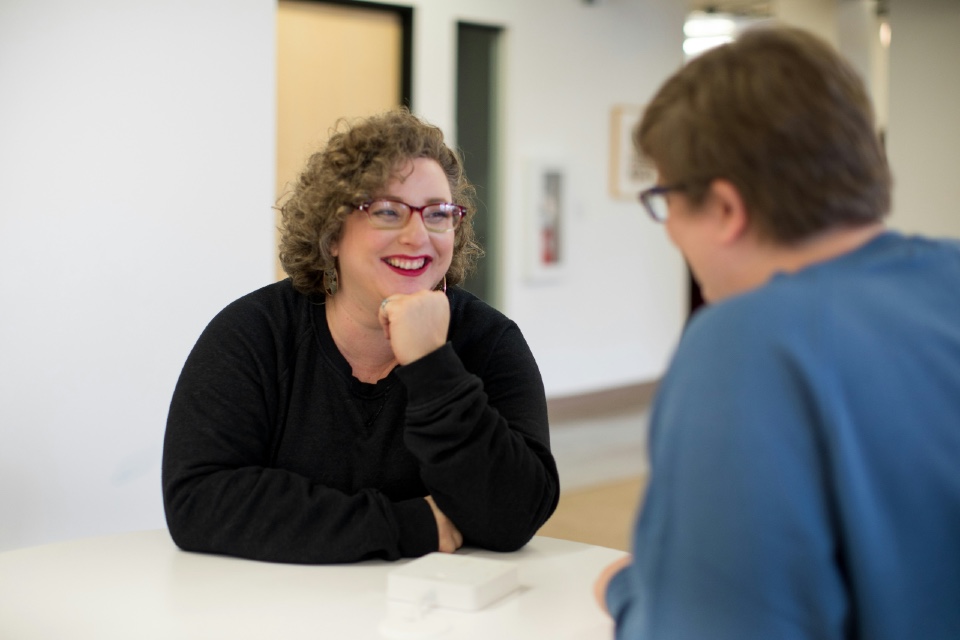In the UK, 850,000 people currently live with dementia but this is set to reach 1.6 million people by 2040 due to the ageing population (1).
Caring for a loved one living with dementia at any time brings challenges, but a global pandemic makes daily life that much more difficult. Even once lockdown restrictions have lifted, carers must continue to be careful and make sure they don’t take risks so that their loved one stays safe.
Bernadette Mossman, Healthcare Director at dementia care specialist Vida Healthcare, discusses how people can care for their loved ones living with dementia during a pandemic, and what needs to be done to keep them safe….
Communication
Maintaining communication is crucial but this depends on the capacity of the individual. It’s important to remember that people living with dementia may process information differently, but it should never be assumed that they can’t understand what they are being told.
Families need to find a way of connecting with their loved one that’s appropriate for their current cognitive functioning and understanding, and won’t overwhelm them. Explain the current situation in the same way something would usually be explained, and when chatting about day to day events keep it simple and easy to follow.
Using a range of ways to communicate can also be very helpful, and more importantly, allow the person living with dementia the time to process information, ask questions and acknowledge their understanding. TV, newspapers, family support and regular conversations are all essential in enabling meaningful conversations and connections.
It is also important to consider choosing the right time to have this conversation. A time when the person living with dementia is rested, willing to enter into the conversation and have any devices such as hearing aids turned on will all aid communication.
Remember to keep information simple to follow and repeat regularly to support understanding. This can also involve repeating the information throughout the day. The benefits of repetition include being able to adapt the style of sharing information if previous attempts weren’t successful.
Replicating normality
We all need routine, so continue with what is deemed ‘normal’ which might include daily routines, cooking, cleaning and hobbies in the home. Having a purpose is very important at this time to avoid boredom and restlessness, and to build a structure in the day. Explore simple games and activities that stimulate the brain, help concentration and promote a sense of achievement such as jigsaws, art, knitting or dancing and singing.
Give the person living with dementia what they want, and then try and do this as much as possible. For example, if they want to get ready to go to work, let them do this but say they are working from home for the day.
Every person living with dementia is different and so each home will have its own normal, so families should stick to this as much as possible.”
Keeping connected
It’s also essential to keep connected so that loved ones living with dementia feel part of everyday family life and avoid losing recognition of key family members. Video calling, letters, phone calls and photographs all play a part in supporting the person living with dementia to remain connected with loved ones. Reminiscence is also essential so storytelling with photographs is a great activity.
People caring for loved ones living with dementia should be prepared to answer questions and manage anxiety and frustration around not being able to go out. Be patient and take guidance and support from professional services (GP, mental health team etc) to ensure all physical, emotional and mental health needs are met.
Coronavirus and the changes that have followed have meant that caring for someone living with dementia has become increasingly challenging. Families must also remember to look after themselves and prioritise their own mental and physical health and wellbeing. If someone is feeling stressed or unhappy they won’t be able to provide the most effective care for their loved one.
Source 1: https://www.alzheimers.org.uk/about-us/policy-and-influencing/dementia-scale-impact-numbers






